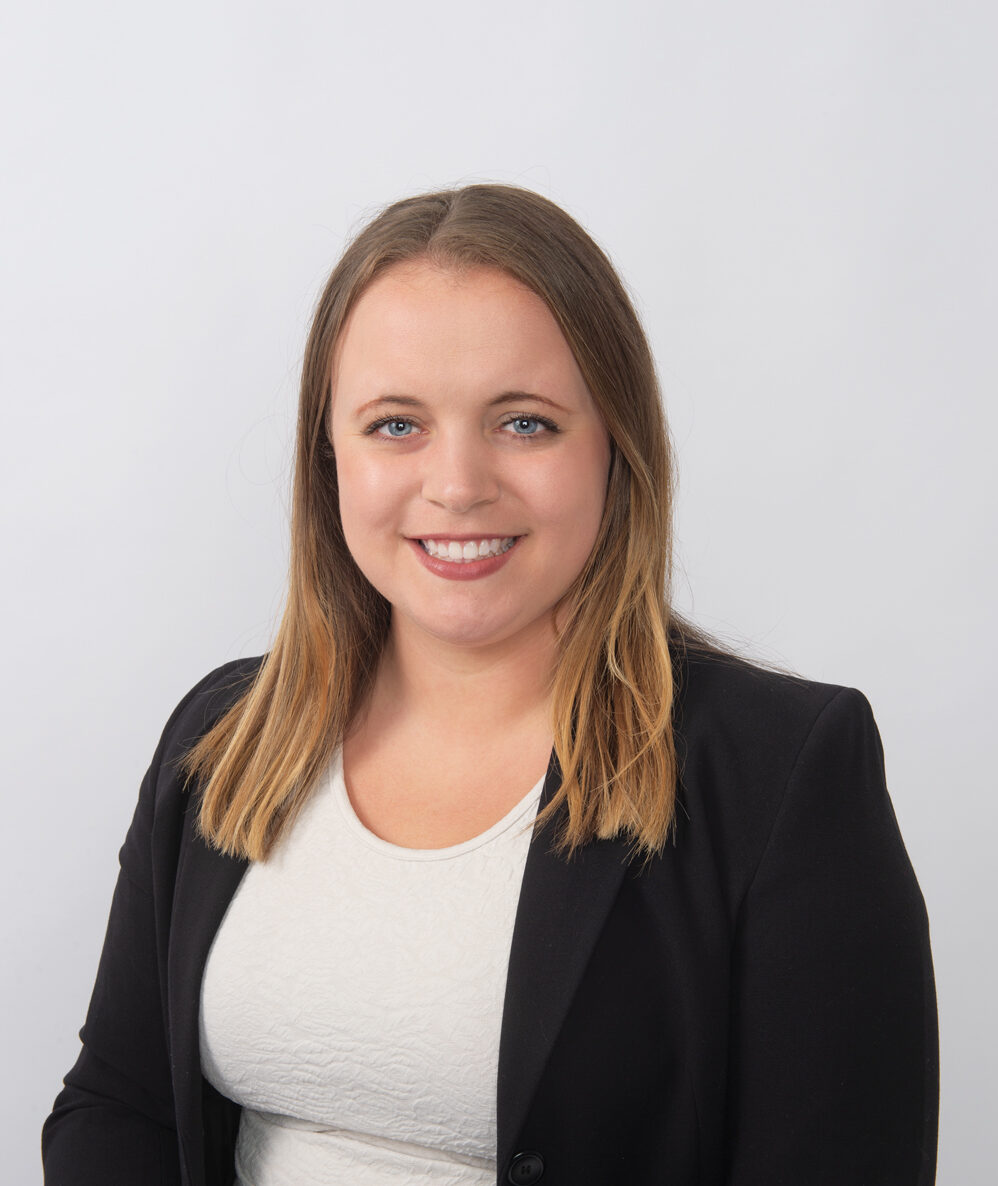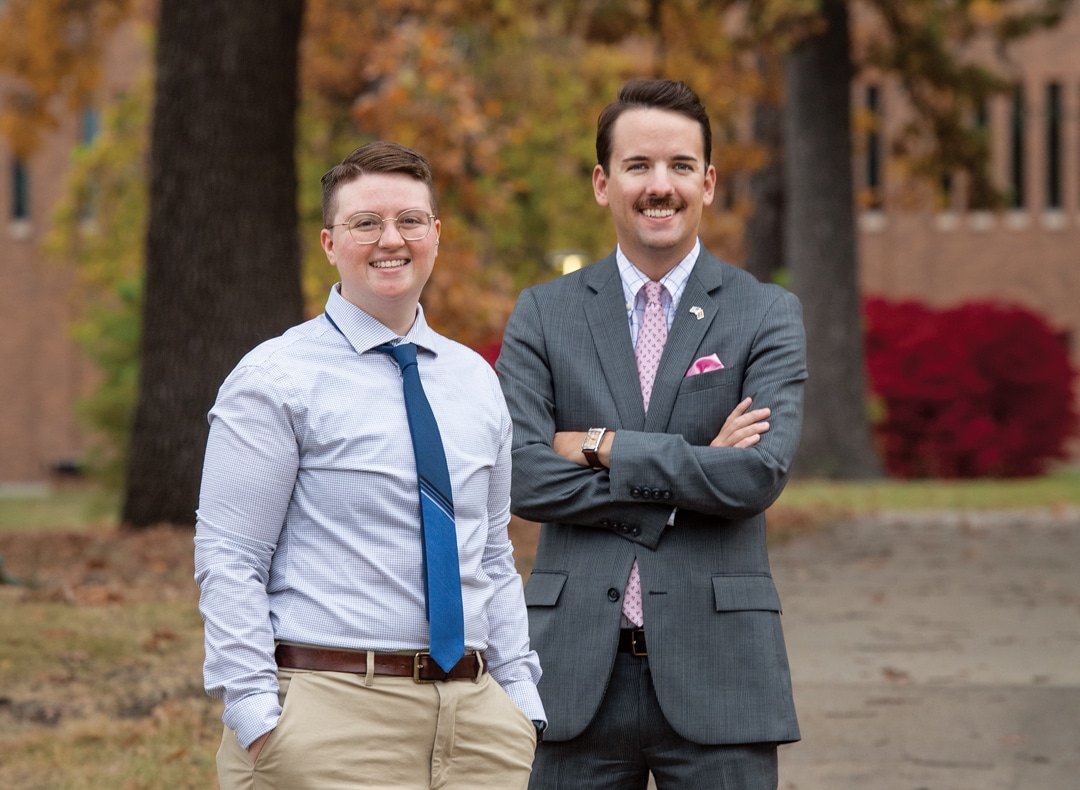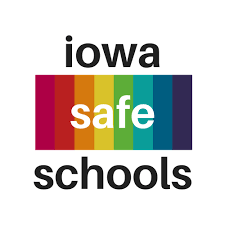New Des Moines conference to focus on employee resource groups, inclusion efforts

Employee resource groups began forming at businesses more than five decades ago. The groups create internal communities for employees to focus on networking and shared experiences of those with certain identities.
One of the first formal employee resource groups was formed at Xerox in 1970 in response to racial tensions in the 1960s. The Black Employee Caucus was founded with the support of the then-CEO Joseph Wilson, who encouraged Black employees to create the group, according to Boston College’s Center for Work & Family. A decade later, Xerox started the group that is now called the Black Women’s Leadership Council. In 1978, Hewlett Packard created the first LGBT employee resource group, according to Forbes.
Today, 90% of Fortune 500 companies have employee resource groups, according to McKinsey & Co.
Two Iowa organizations are partnering to host a new conference in Des Moines in February focused on the role these groups can play in creating equitable workplaces. The Aspire to Inspire Conference will emphasize empowerment of employee resource groups to take action on their knowledge of diversity, equity and inclusion issues.
The conference is set to be held Feb. 23-24 at Drake University.
Aspire to Inspire was created by Iowa Safe Schools, a nonprofit focused on creating supportive learning environments and communities for LGBTQ and allied youths, along with Schabel Solutions Inc., a diversity, equity and inclusion consulting business. Though Iowa Safe Schools is particularly known for its work on LGBTQ equity, the Aspire to Inspire Conference will focus on all types of inclusion.
The conference will focus on arming employee resource groups with the tools to make collective change. Employee resource groups allow employees to bring issues to the attention of leaders by saying “it’s important to ‘us,’ not just it’s important to ‘me,’” said Jordan Mix, educational programming director at Iowa Safe Schools. Advocacy from a group can be more effective in getting company leaders to take action, they said.
The professionals in attendance will get to practice taking action as they’ll have an opportunity to put their skills to the test by engaging with high school and college students looking for future employers that align with their values.
Why now?
Through various programs, Iowa Safe Schools has worked with employee resource groups to assess the work they’re doing to support LGBTQ youths and employees. Some of that work has focused on allies and parents of LGBTQ youths.
The idea to expand on that work through hosting a conference focused on employee resource groups in partnership with Schabel Solutions has been in the works since the beginning of this year. The leaders decided that they would focus on all aspects of equity and belonging.
The conference comes at a time when numerous changes targeting diversity and inclusion policies have been up for discussion at the federal level and in the Iowa Legislature over the past several sessions. This year Gov. Kim Reynolds passed a few into law.
One law bans books with descriptions or depictions of sex acts from school libraries and prohibits instruction on gender and sexual identity until seventh grade, which left districts scrambling to evaluate their library materials at the start of the academic year. Two other laws banned all forms of gender-affirming medical care for minors and restricted students from using a school restroom other than one that corresponds with their sex assigned at birth.
Though a bill that would prohibit funding for DEI programing at Iowa’s public universities failed to pass, the Iowa Board of Regents announced it would freeze DEI initiatives at the state’s three public institutions while they initiated a “comprehensive study and review” of all such programs.
During the session, more than 60 Des Moines-area small businesses spoke out against proposed legislation at the Iowa Statehouse that they said would negatively affect the LGBTQ community. The business leaders said they believed the bills would make it more difficult for Iowa to attract and retain talent by creating an unwelcoming environment.
“We’re actively trying to take things away from [the LGBTQ community]. … When you say you may not have the right to exist in the way that you do now, you might not feel as safe as you feel today, your marriage might not be acknowledged, what choices are you leaving someone?” said Hannah Krause, owner of Eden, at the time. “Business leaders are going to move. Community leaders are going to move. Business owners are going to move. People just aren’t going to feel like this is a place that they want to raise their families.”
Iowa Safe Schools has learned of numerous families that are moving to neighboring states with laws that are more inclusive to LGBTQ folks. They’ve also heard from parents who are moving jobs based on insurance benefits and whether their child can receive gender-affirming care through their employer’s plan.
Iowans need to do everything we can to attract new people but also to retain who we have, said Damian Thompson, director of external affairs at Iowa Safe Schools.
With nearly one in five Gen Z folks identifying as LGBTQ, being inclusive and fighting against policies that make LGBTQ persons feel unwelcome is an “emergent workforce issue,” Thompson said.
A major goal of Iowa Safe Schools is not just to ensure youths feel supported in the present, but also to help them see a future in Iowa.
“We want to help LGBTQ young people feel safe and feel like this is their home,” Mix said. They want the young people they work with to look for careers here and not have to leave the state in order to feel like they belong.
Business leaders have also been called to respond to a number of policy changes concerning social issues. After the U.S. Supreme Court’s 2022 decision to overturn Roe v. Wade, ending a nearly 50-year precedent of a federal right to abortion, national companies faced increased pressure to address employees’ reproductive health care within their benefits packages. Locally, companies like Principal Financial Group, Wells Fargo, Dotdash Meredith and Businessolver announced expansions to benefits to include travel reimbursement for health services at the time of the ruling.
What attendees can expect
A number of DEI-related state and federal policy changes that have gone into effect recently have left businesses and institutions uncertain about how they must comply.
In June of this year the U.S. Supreme Court struck down affirmative action in college admissions, ruling against race-conscious admission programs at colleges and universities that receive any form of federal funding. The historic decision was expected to have effects “in every aspect of the nation’s economic, educational and social life – from the Rooney rule that requires a minority applicant be considered in all NFL coach hiring decisions to employment and promotion decisions, DEI programs in schools and workplaces, and much more,” NPR reported.
Learning how the affirmative action ruling affects business will be one of the topics at the conference.
Other topics will include:
- How to build corporate and community partnerships.
- Techniques for empowering employees’ voices.
- Working with individuals to further collective goals.
- Understanding what compassion looks like in professional spaces.
The first day of the conference will include putting attendees in “working groups, breakout sessions, and plenaries led by some of the region’s most successful advocates for sustainable organizational culture change,” the leaders said. Day two will allow participants the chance to put their skills to the test by engaging with some of Iowa’s high school and college students, and up-and-coming professionals.
Youth involvement in the conference was important to Iowa Safe Schools, Mix said. Often conferences that include both professionals and students can focus on one-way conversations with business leaders sharing insight with the young attendees, but they wanted to turn that paradigm on its head.
“We are letting [the young people] have space to speak,” Mix said. The students want to see examples of how employers are taking action on the issues they’re passionate about. From working with the youths, they see that the next generation of the workforce is very aware of what’s going on in the world and they expect the organizations they work for to be responsive to that, they said.
“Everyone wants to belong to something,” Mix said.
Registration and a call for exhibitors is now open. Learn more at https://iowaergconference.org/.
2 more questions about the conference

Claudia Schabel is the founder, president and CEO of Schabel Solutions Inc., one of the organizations partnering on the Aspire to Inspire Conference. We asked her a couple of questions.
What role do employee resource groups play in workplace inclusion?
Employee resource groups (ERGs) and business resource groups (BRGs) help foster an inclusive workplace and promote a sense of belonging for all employees that share an identity, whether it’s gender/gender identity, race and ethnicity, religious affiliation, sexuality, ability status or veteran status, etc. However, ERGs/BRGs are designed to be welcoming and open to all employees. They enable cross-cultural understanding and celebrate diversity. Successful ERGs/BRGs require critical mass, operating procedures, strategic planning (including alignment with your organization’s DEI vision, goals and objectives) and strong leadership support.
How do you foresee this conference differing from other opportunities to engage on DEI topics?
The “Aspire to Inspire” conference will be a great opportunity for ERGs/BRGs leaders and members to learn from each other, share best practices and develop new skills to lead their respective groups effectively. The conference will inspire all attendees to continue to learn and engage in this conversation.

Emily Barske Wood
Emily Wood is special projects editor at Business Record. She covers nonprofits and philanthropy, HR and leadership, and diversity, equity and inclusion.











